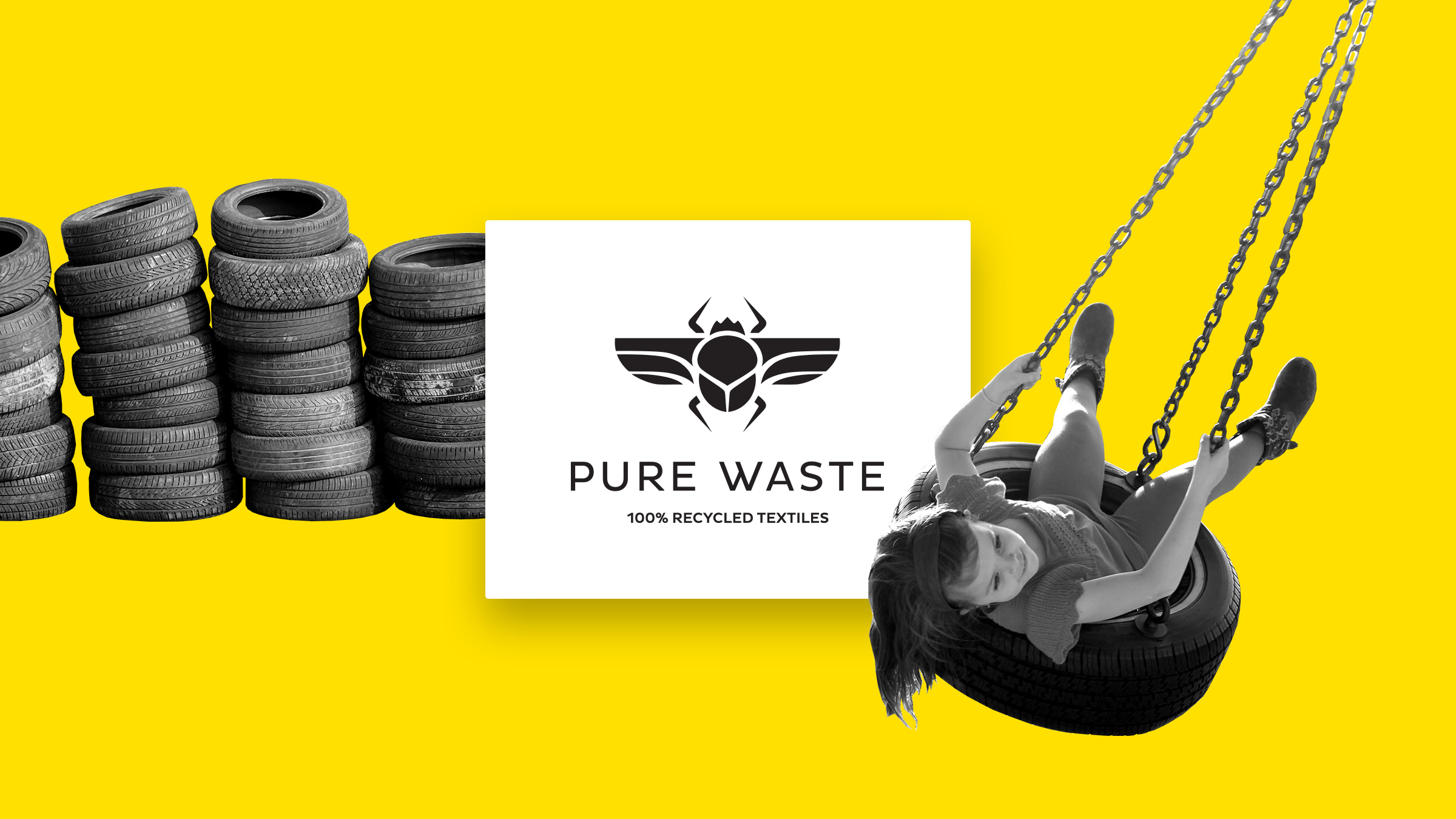Problem
Cotton farming and the dyeing process burden the environment by consuming vast volumes of water and chemicals, and crops take up large areas of land. Purchased clothes get relatively little wear – they have become almost disposable. Whereas previously prices were determined by textile manufacturers, today they are ultimately dictated by the consumers. Low prices mean lower quality and clothes are discarded quickly.
Solution: a new lease of life for textile waste
Pure Waste recycles waste from the textile industry into new material and garments. The company produces yarn from cutting waste sourced from India’s largest tricot production region and waste from yarn producers. Cutting and yarn waste is broken down into fibres and spun into new yarn. The recycled yarn is then used to sew or weave fabric. Pure Waste sells these yarns and fabrics and uses them to manufacture clothes primarily for labels and retail chains.
Revenue logic and benefits to Pure Waste
Pure Waste buys the recycling materials by the kilo, and they are considerably cheaper than virgin cotton fabric. The company’s revenue comes from the sale of yarn, fabric and finished garments. Its largest customers are B2B companies, consumer brands and retail stores, and Pure Waste also has its own store and an online shop. For business customers, Pure Waste offers material options, a manufacturing process and product design and/or consulting services.
Benefits to customers and end users
Consumers can buy high-quality, 100% recycled products. Business customers can design products made from responsibly sourced material. Sustainable textiles can be used as a value proposition in marketing. Buying a Pure Waste T-shirt instead of one produced by conventional methods can save up to 2,700 litres of water.
















Recommended
Have some more.